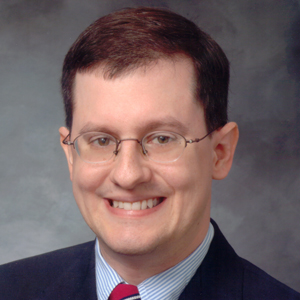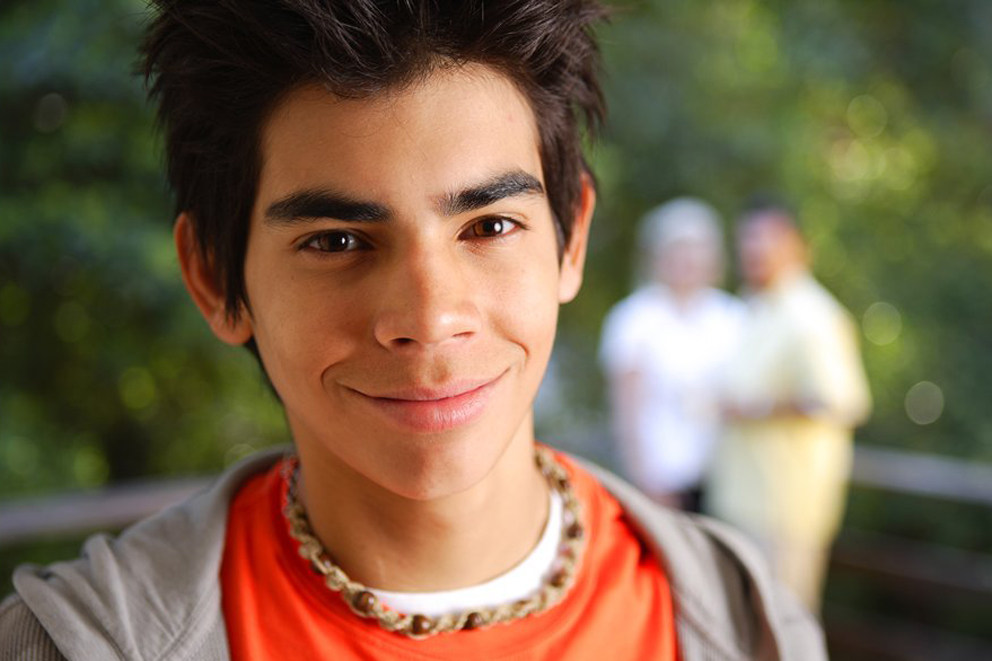Obsessive-compulsive disorder has entered the everyday vernacular. But what is it — and how does it affect young people? Learn more about the condition.
What was once thought to be a rare mental disease, obsessive-compulsive disorder (OCD) actually affects millions.

In the United States, approximately 3.3 million people have OCD — that’s as much as 1 percent of the pediatric population and 2 percent of the adult population, outranking mental health conditions such as schizophrenia or bipolar disorder.
Scott Spalding, MD, child and adolescent psychiatrist at Kaiser Permanente South Sacramento Medical Center, treats young patients daily who suffer from a plethora of anxiety disorders, including OCD. He speaks about this common yet often misunderstood condition.
What is OCD?
OCD is an anxiety disorder that can affect children, adolescents, and adults, usually beginning in adolescence or young adulthood. In fact, nearly one-third to one-half of all sufferers will find that their OCD started in childhood.
It’s characterized by the individual experiencing obsessive thoughts, compulsions, or both. The obsession could be a thought or image and then the patient develops a compulsive, repetitive behavior to respond to the obsession or ward it off.
What causes it?
There seems to be a connection between OCD symptoms and abnormalities in certain brain pathways.
There’s also a genetic component — it does run in families. Stress or a traumatic event can also cause OCD to develop. Someone in their 30s or 40s, even, could have had low-grade symptoms earlier in their life and then it could turn into something more severe later on.
What distinguishes OCD from quirky behaviors such as wearing a certain article of clothing for good luck?
The degree of intensity and level of impairment. Preference or superstition, for example, might be a mild impairment that doesn’t cause an issue in daily life. OCD can take up hours in a day. It stops one from doing things one wants to do or it causes significant distress.
For example, if someone is afraid to use the bathroom at school because they’re worried about contamination, it could cause the person to miss school often or avoid leaving the house all together. It’s an intense, persistent problem.
There is joking about OCD as it has entered the everyday vernacular. What is the impact?
People often confuse OCD with obsessive-compulsive personality disorder (OCPD). The latter is a personality structure that involves excessive perfectionism and rigidity, such as having everything exceptionally neat and organized.
Obsessions and compulsions are not present with OCPD. OCD will typically cause more distress and impairment.
How can you best screen for OCD in young people?
Mental health professionals at Kaiser Permanente usually first ask questions, such as: ‘Do you have unpleasant thoughts you can’t get rid of?’ ‘Do you wash your hands repeatedly?’ ‘Check or count things over and over?’ ‘Do you have to arrange things in a very specific way?’
Often these questions flow into talking about some underlying anxiety or obsession. Common themes that come up include fears surrounding contamination, pathological doubt, unwanted sexual thoughts, or unwanted aggressive acts against others.
How can one best support a child diagnosed with OCD?
Work with a therapist and physician to support the child’s treatment plan, which involves cognitive behavioral therapy and, in some cases, medication. The parent may reinforce a behavior, inadvertently creating more of the compulsive tendencies, so it’s vitally important to work in a team to further the child’s psychotherapy goals. At Kaiser Permanente, we also collaborate with teachers or other important adults in a child’s life.
OCD is a manageable disorder. We can do a very good job of treating it through psychotherapy and medication, if necessary. Medication alone is not an optimal treatment, so we always encourage therapy first or in tandem with medication.
With proper treatment, patients often go on to live very full and productive lives.
Learn more about OCD here.





This Post Has 2 Comments
I didn’t know that OCD could affect children, adolescents, and adults. I thought that it mostly affected teens and adults. … Thank you for the information!
Thank you for clearly defining the difference between the two, I found it very helpful.